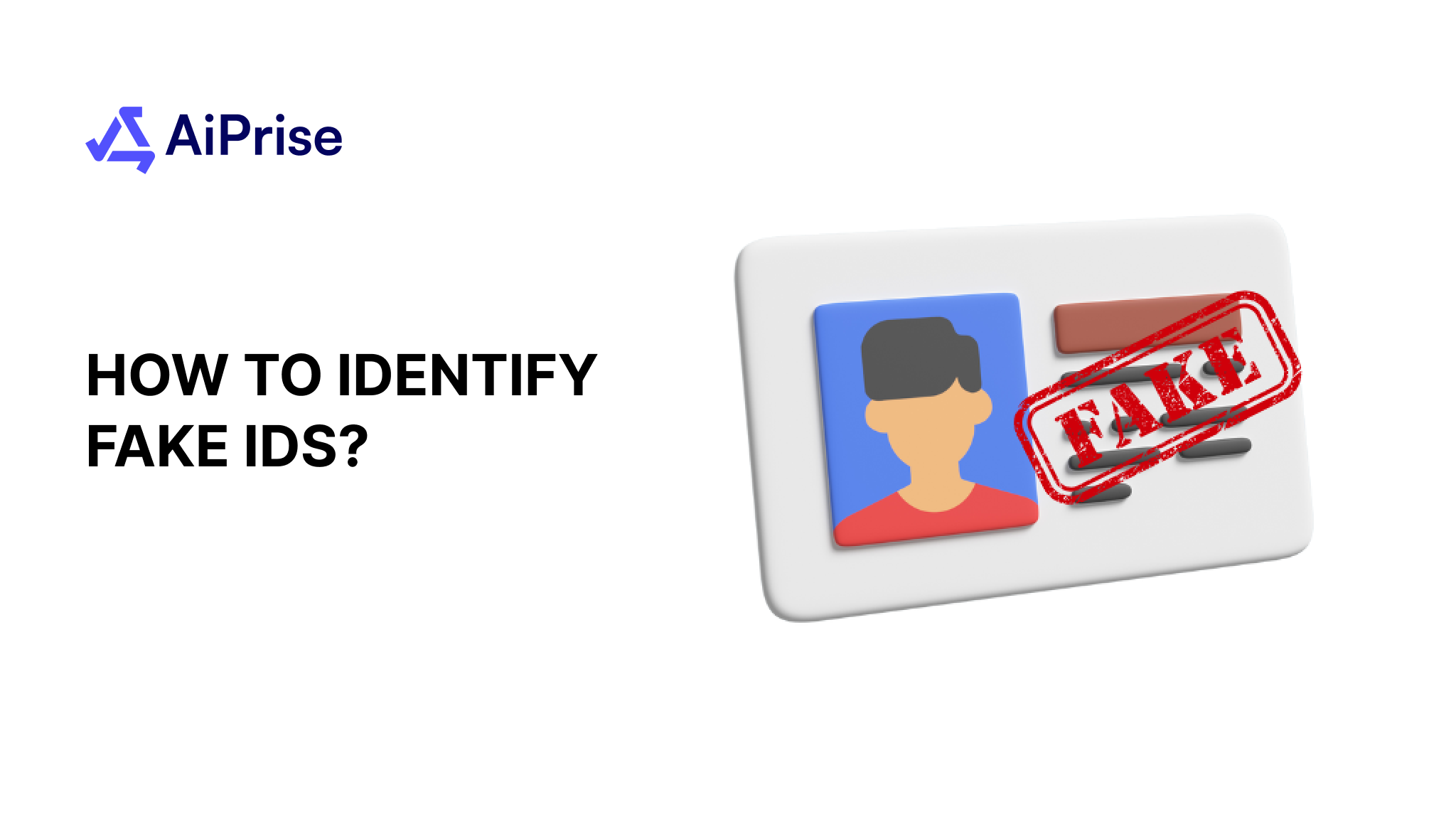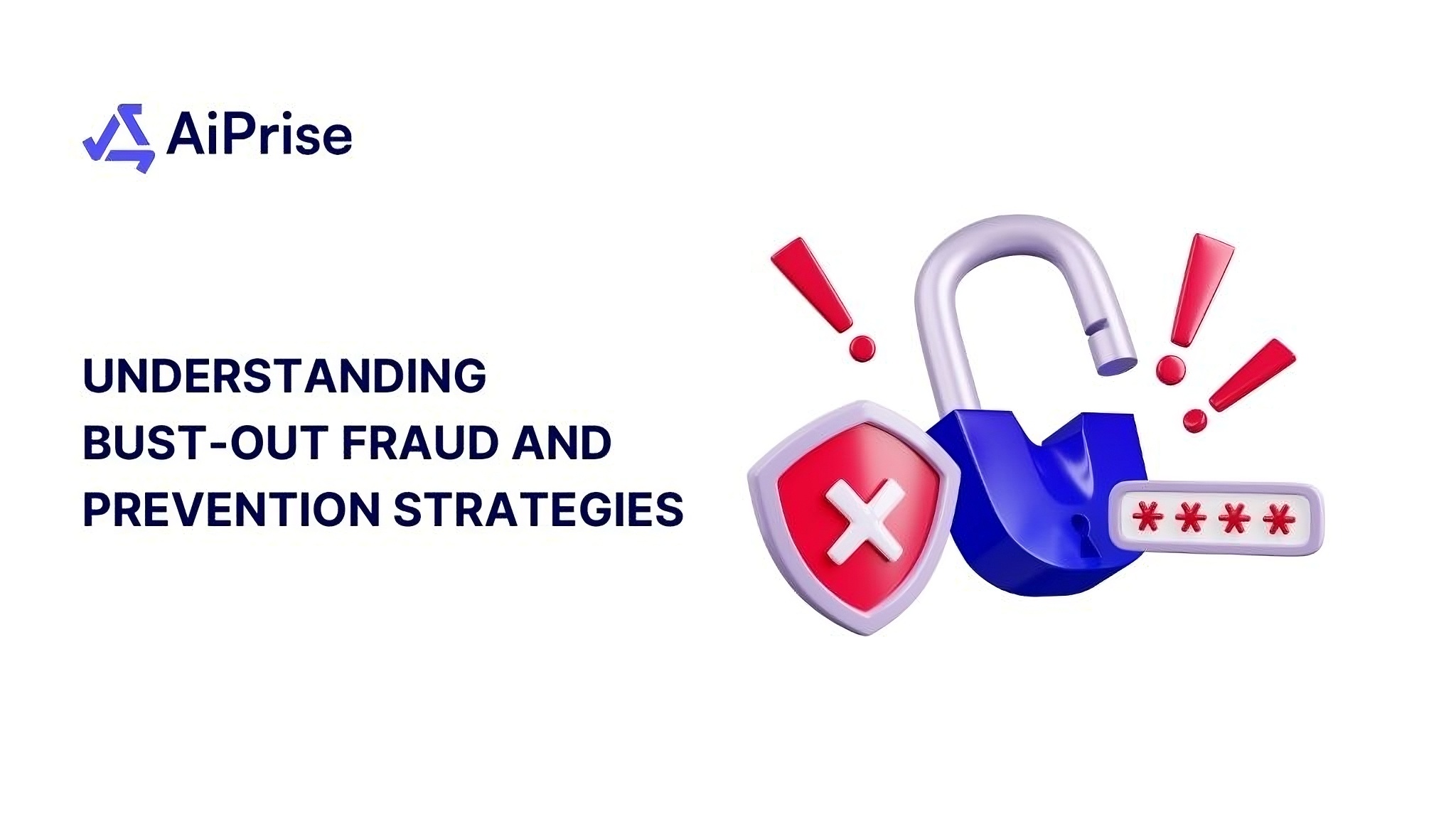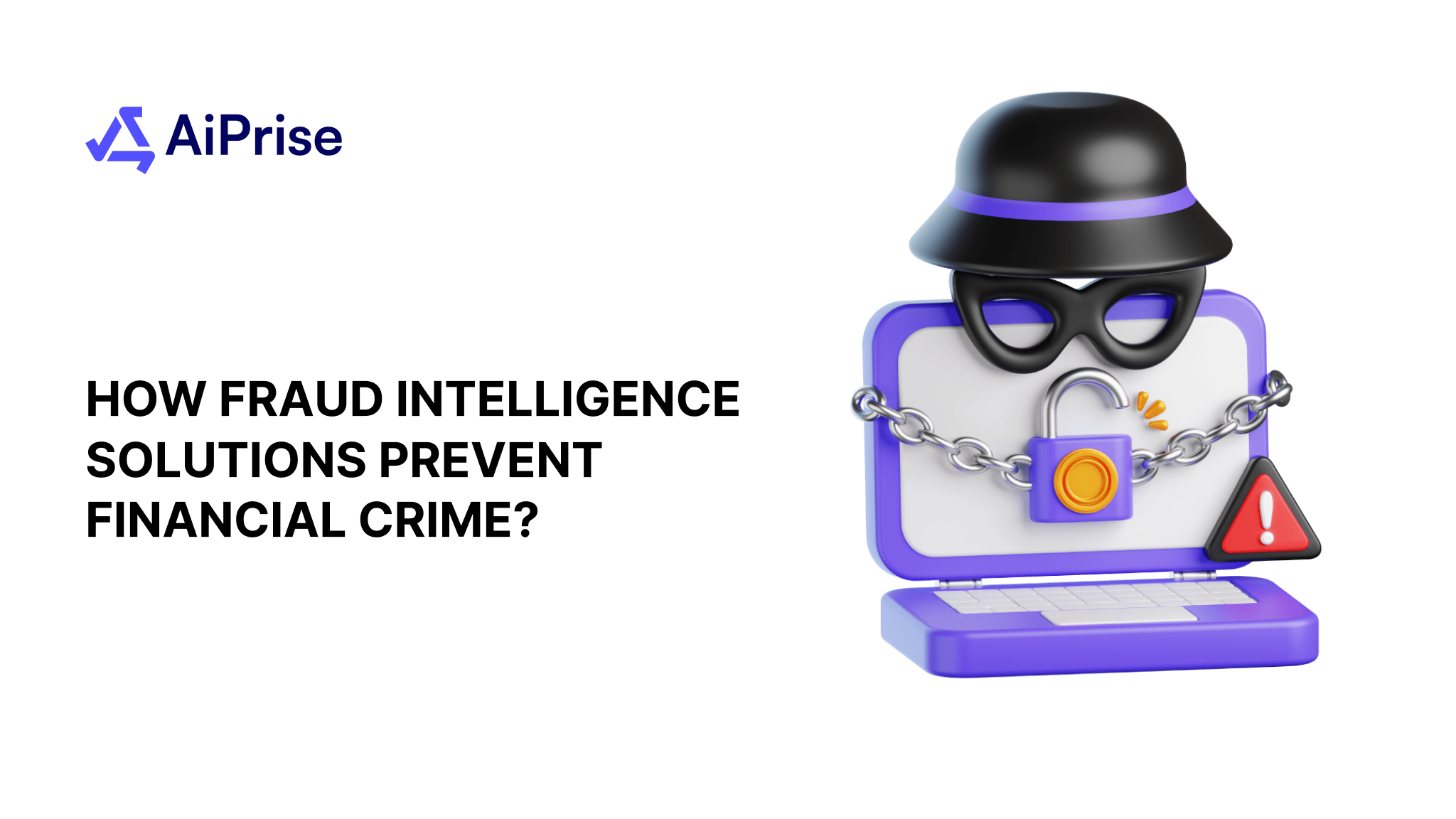AiPrise
7 min read
April 17, 2025
Common Types of Business and Financial Fraud

Key Takeaways










Financial fraud has become a critical concern for businesses across the globe. In 2023, 80% of organizations experienced payment fraud attacks or attempts, highlighting the increasing scale of this problem. Businesses, especially those in the financial sector, need to be aware of the many fraud schemes that threaten their operations.
Understanding these types of fraud is key to building stronger security measures and minimizing risk.
12 different types of financial fraud
Here are some of the most common types of frauds businesses face and how they can prevent them.
1. Identity Theft
Identity theft remains one of the most prevalent fraud types today. A finance worker at a large company was recently tricked into releasing $25 million after fraudsters used deepfake technology to impersonate the company's Chief Financial Officer. This case underscores how sophisticated and convincing identity theft has become.
As businesses digitize their operations, the risks associated with identity theft increase. Fraudsters exploit weak systems to access sensitive data, steal identities, and cause financial and reputational harm. Implementing strong identity verification processes is essential for businesses to mitigate this risk.
Also Read: 17 Tips For Identity Theft Protection And Prevention
2. Payment Fraud
Payment fraud is one of the most common types of financial fraud, especially in sectors like e-commerce. Global e-commerce fraud losses reached $41 million in 2022. Fraudulent transactions occur when fraudsters use stolen payment details to make unauthorized purchases. E-commerce businesses are especially vulnerable due to the lack of physical verification during online transactions.
To prevent payment fraud, businesses should implement robust fraud detection systems, including real-time transaction monitoring, encryption, and fraud protection tools. Businesses must also educate employees and customers on secure payment practices.
Also Read: Navigating And Understanding Payment Compliance Challenges
3. ACH Fraud
Automated Clearing House (ACH) fraud involves fraudulent electronic payments or transfers, including payroll and vendor payments. In 2023, ACH fraud rose to 33%, indicating a growing trend. Fraudsters target vulnerabilities in ACH systems to steal money from businesses' bank accounts.
To combat ACH fraud, businesses should enforce multi-factor authentication (MFA), monitor payment activity, and use encryption for sensitive transactions. Tightening internal access controls can also reduce exposure to ACH fraud.
Also Read: Understanding If ACH Payments Are Secure And How To Prevent Fraud
4. Account Takeover Fraud
Account takeover fraud occurs when fraudsters gain unauthorized access to a legitimate account, often by stealing login credentials. 22% of U.S. adults have been victims of account takeover fraud, highlighting its widespread impact. Once they gain access, fraudsters can steal funds, make unauthorized transactions, and cause significant financial loss.
Businesses that manage customer accounts need strong account protection measures. This includes enforcing strong passwords, implementing MFA, and using behavior analytics to detect unusual activity.
Also Read: Understanding What Identity Proofing Is and Why It Matters
5. Advance Fee Fraud
In advance fee fraud, scammers promise large returns or lucrative investment opportunities but require an upfront payment before delivering any service. This scam has surged by over 600% in recent years as fraudsters exploit trust and urgency.
To protect against advance fee fraud, businesses must educate customers on common red flags, such as requests for large upfront payments. Moreover, monitoring unusual requests and transactions can help businesses to spot potential fraud early.
Also Read: Principles, Assessment, And Strategies In Fraud Risk Management
6. Credit Card Fraud
Credit card fraud remains a significant concern, especially in the U.S., where 63% of credit card holders have been victims of fraud, with 51% experiencing it multiple times. Fraudsters steal credit card information and use it to make unauthorized purchases.
Businesses can protect themselves by implementing tokenization, real-time fraud detection systems and educating customers about secure online transactions. Regularly updating security protocols and using secure payment gateways are crucial in preventing credit card fraud.
Also Read: How Banks Utilize Machine Learning For Fraud Detection
7. Investment Fraud
Investment fraud involves deceiving individuals or businesses into investing in non-existent or fraudulent schemes. In the first three quarters of 2024 alone, more than 80,000 investment scams were reported, costing consumers $3.9 billion.
Businesses can reduce their exposure to investment fraud by performing thorough due diligence, partnering with certified financial advisors, and using fraud detection systems that can identify suspicious investment opportunities.
Also Read: How Banks Utilize Machine Learning For Fraud Detection
8. Fraudulent Charities
Fraudsters often pose as legitimate charitable organizations, particularly during times of crisis, to solicit donations. These fraudulent charities take advantage of people's goodwill to steal money intended for genuine causes.
Businesses can combat this by educating employees and customers on how to identify legitimate charities. Verification of charity registration and using secure donation platforms can also help protect against fraudulent charity scams.
Also Read: Understanding KYC and KYB Challenges in Emerging Markets
9. Chargeback Fraud
Chargeback fraud occurs when a customer falsely disputes a legitimate transaction to receive a refund from the bank. This can cause significant financial loss to businesses, particularly in e-commerce, where chargebacks are frequent.
To mitigate chargeback fraud, businesses should keep detailed records of all transactions, enforce clear return policies, and use fraud prevention tools to identify and prevent fraudulent chargeback claims.
Also Read: Navigating And Understanding Payment Compliance Challenges
10. Cybercrime
Cybercrime includes a wide range of fraudulent activities conducted via digital platforms, such as phishing, ransomware, and data breaches. With over 2328 attacks occurring daily, cybercrime poses a serious risk to businesses. On average, a hacker attack happens every 39 seconds.
To safeguard against cybercrime, businesses must implement comprehensive cybersecurity measures, such as encryption, firewalls, and employee training on recognizing phishing attempts. Cybersecurity insurance is also an essential safeguard against the financial impact of a successful cyber attack.
Also Read: Understanding Financial Crime Compliance And Risk Management
11. Money Laundering
Money laundering is the process of concealing illegally obtained funds by moving them through a series of complex transactions to make them appear legitimate. This is a significant risk for financial institutions, which could face severe legal and reputational consequences if they inadvertently facilitate money laundering activities.
AiPrise's AML (Anti-Money Laundering) tools help businesses detect suspicious activities related to money laundering. By automating the detection process and staying updated on global regulations, businesses can significantly reduce the risk of unknowingly facilitating money laundering.
With a clear picture of the common types of fraud, let's dive into strategies that can help safeguard your business.
Also Read: Money Laundering Techniques And Prevention Methods: Definition And Examples
5 Ways to Avoid Business Financial Fraud
Preventing fraud is a multi-faceted challenge that requires proactive measures. Here are five essential steps businesses can take to protect themselves:
- Implement Strong Security Protocols: Secure sensitive information by using encryption, multi-factor authentication (MFA), and regular system updates.
- Invest in Fraud Detection Tools: Use advanced fraud detection systems like AiPrise's AI and machine learning tools to help businesses detect suspicious activity in real-time. This allows for faster response times and reduces the impact of fraud.
- Adopt Comprehensive KYC and KYB Solutions: Comprehensive Know Your Customer (KYC) and Know Your Business (KYB) solutions help verify the identity of customers and the legitimacy of businesses at the point of entry. AiPrise's advanced KYC and KYB tools ensure that you only engage with legitimate customers and businesses.
- Ensure Ongoing AML Compliance: Keeping up with evolving Anti-Money Laundering (AML) regulations is critical. AiPrise offers regular compliance updates, ensuring that businesses stay aligned with global standards and mitigate risks related to financial crimes.
- Train Employees: Educate your staff on the latest fraud schemes and encourage them to report suspicious activities.
- Conduct Regular Audits: Perform routine audits to identify discrepancies and ensure financial records are accurate.
By taking these preventive steps and using advanced fraud detection technologies, businesses can reduce their exposure to financial fraud.
Conclusion
Business and financial fraud can take many forms, from identity theft to money laundering, each posing significant risks to organizations. Understanding the common types of fraud and how they manifest is crucial for safeguarding your business and maintaining financial integrity. With the right tools and vigilance, you can reduce exposure and protect your assets.
If you're ready to strengthen your fraud prevention strategy and protect your business from emerging threats, consider integrating AiPrise's advanced KYC, KYB, and AML solutions into your operations. Contact AiPrise today to learn more about how our solutions can help safeguard your business from financial fraud and other risks.
You might want to read these...

AiPrise’s data coverage and AI agents were the deciding factors for us. They’ve made our onboarding 80% faster. It is also a very intuitive platform.





Speed Up Your Compliance by 10x
Automate your compliance processes with AiPrise and focus on growing your business.








.png)

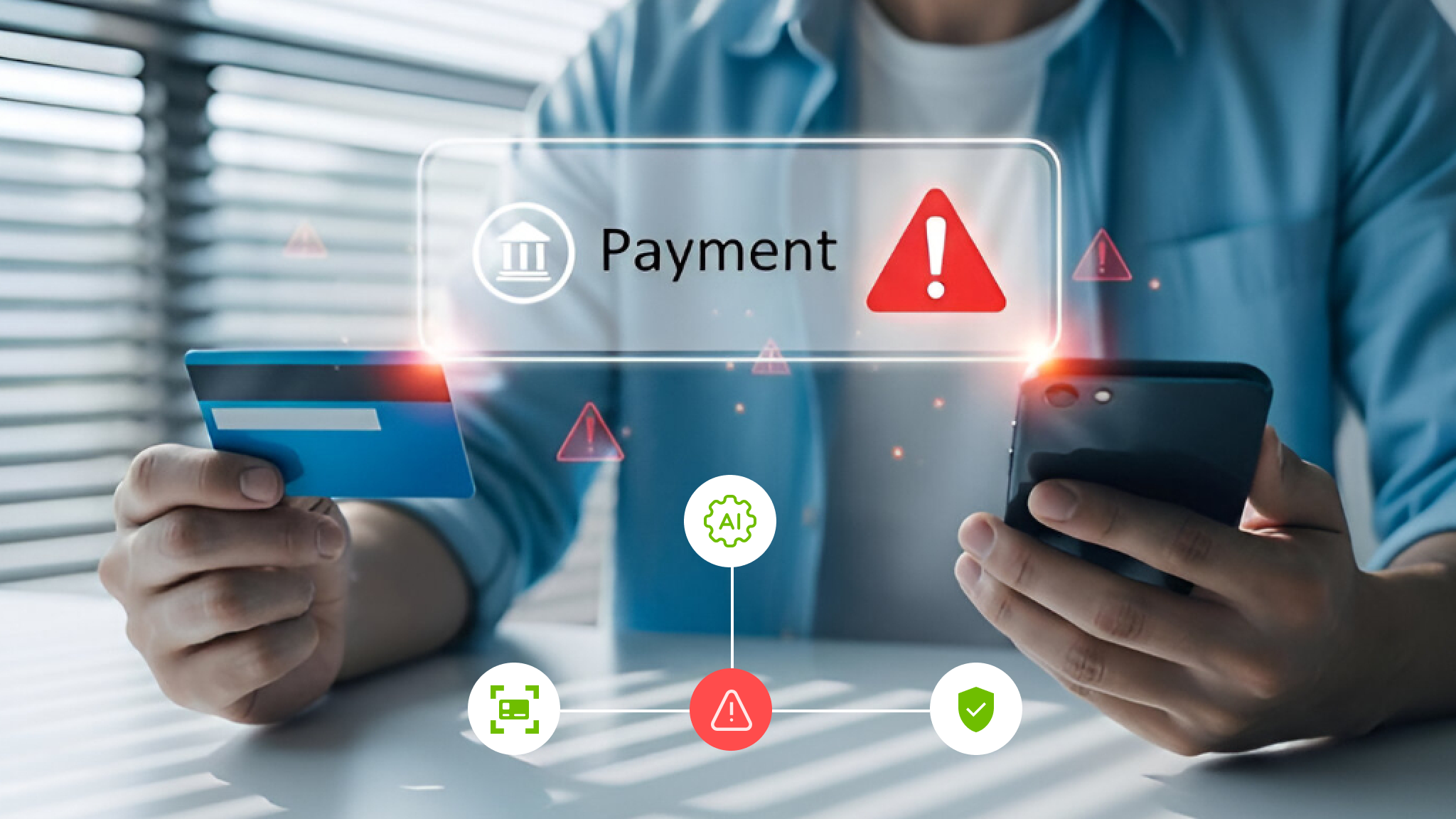




.png)





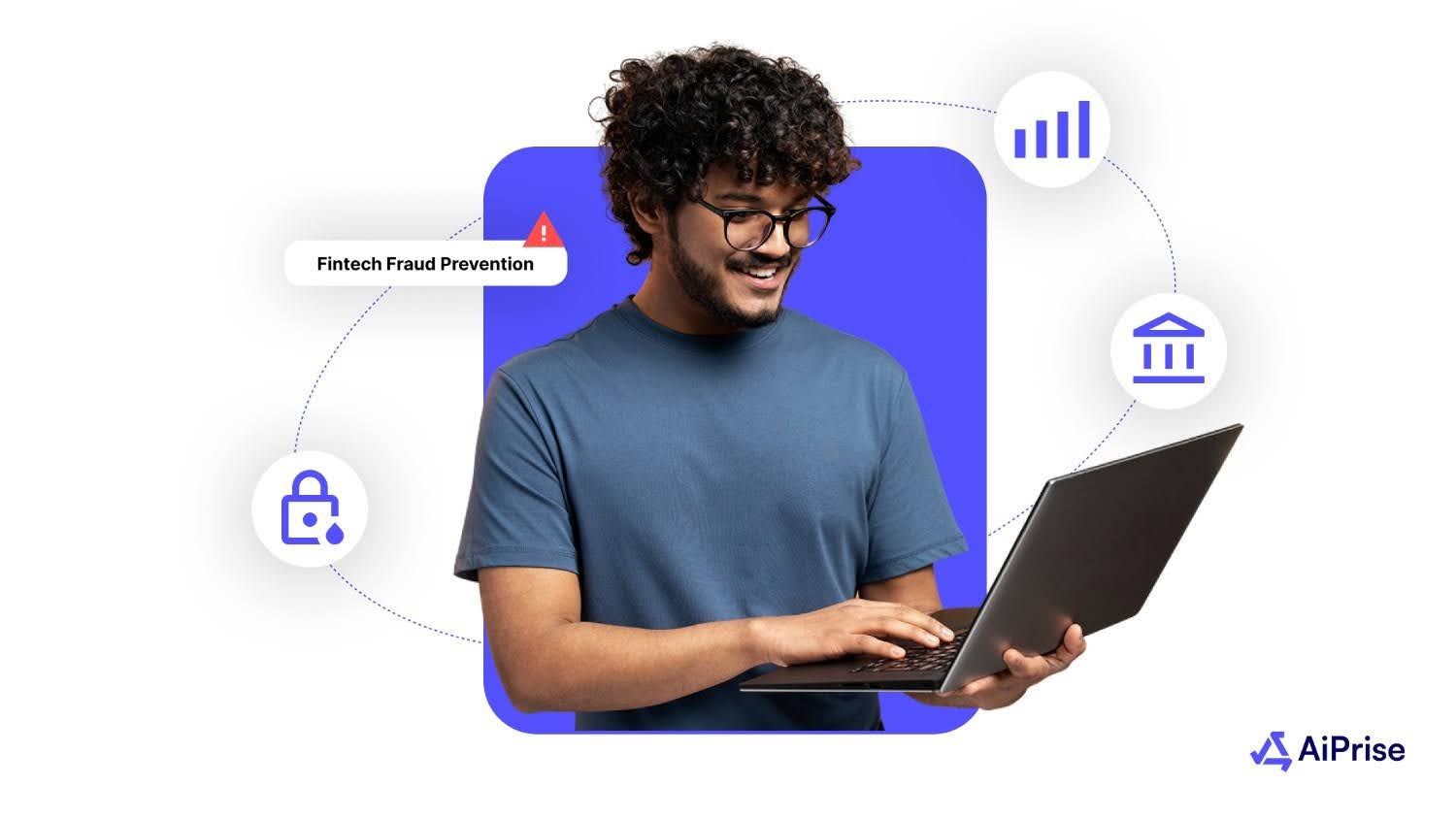

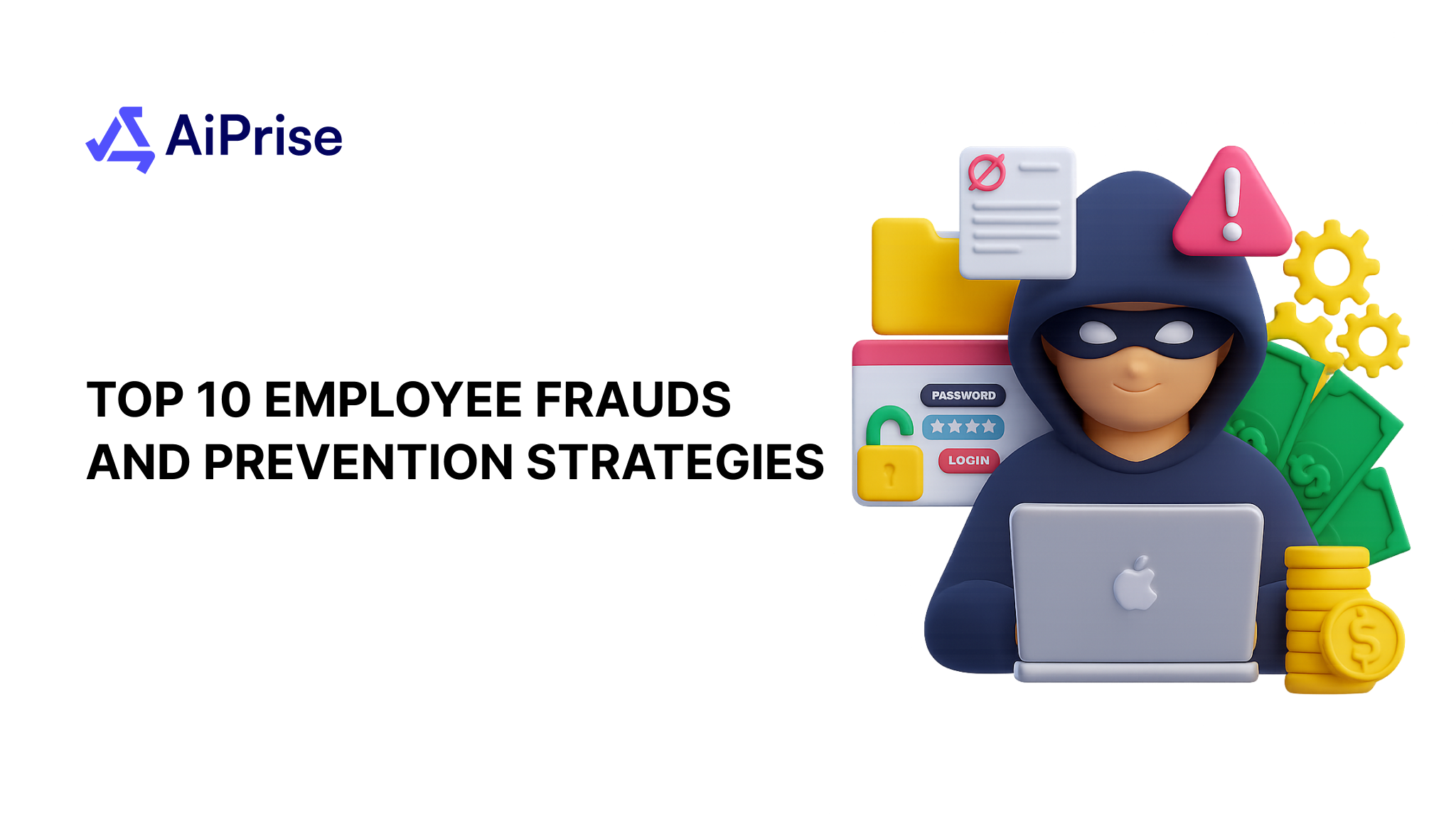
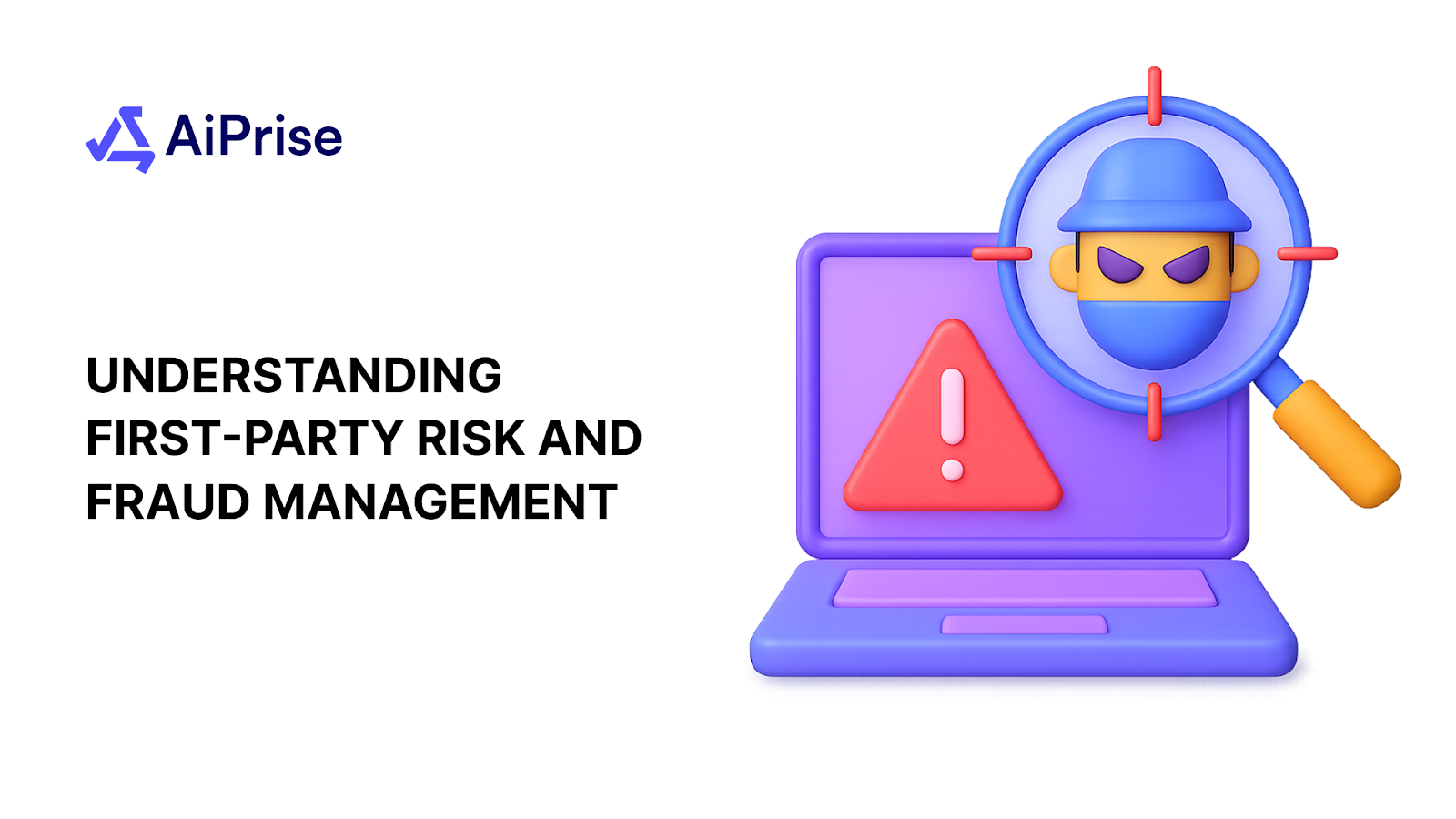
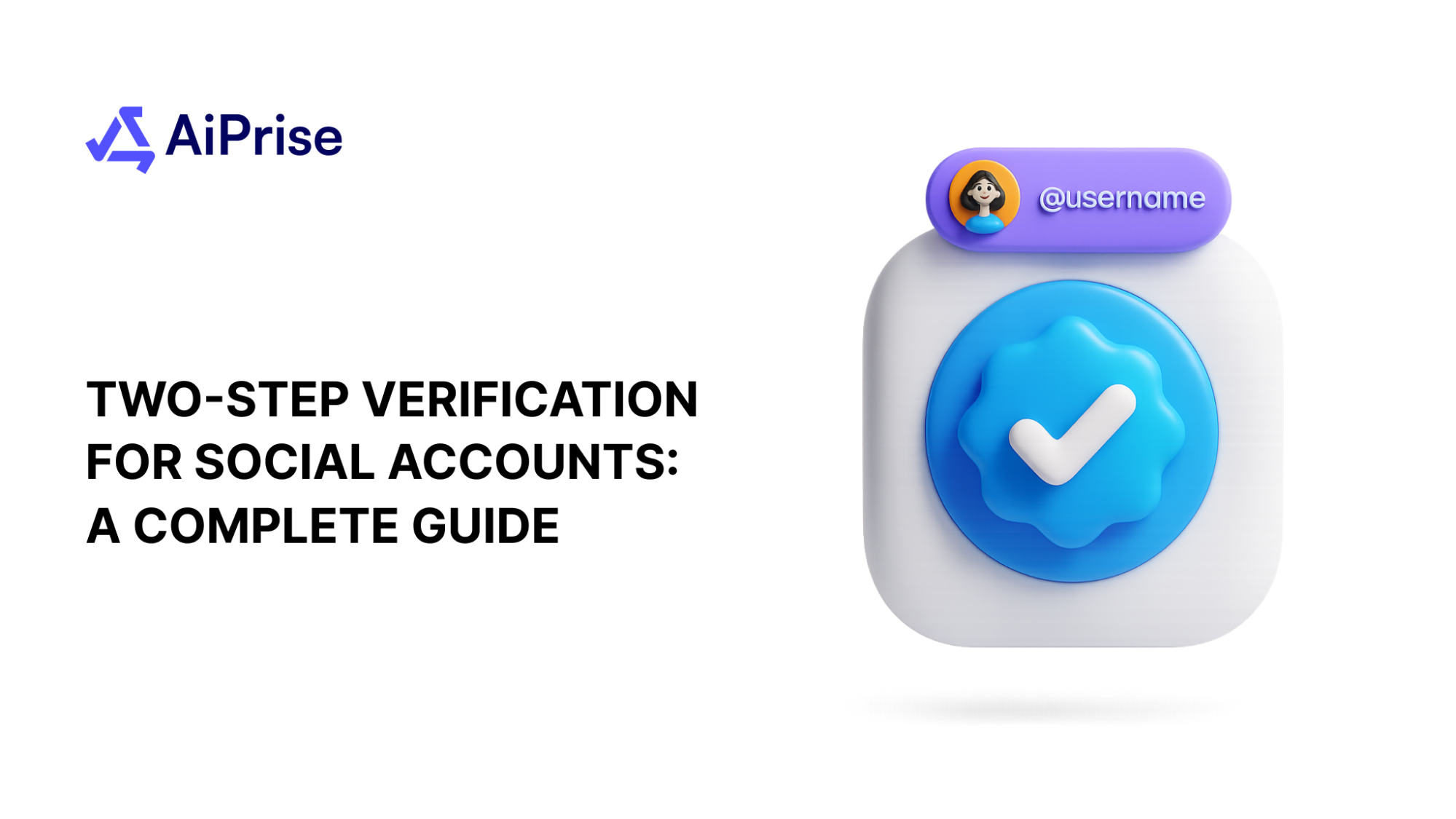
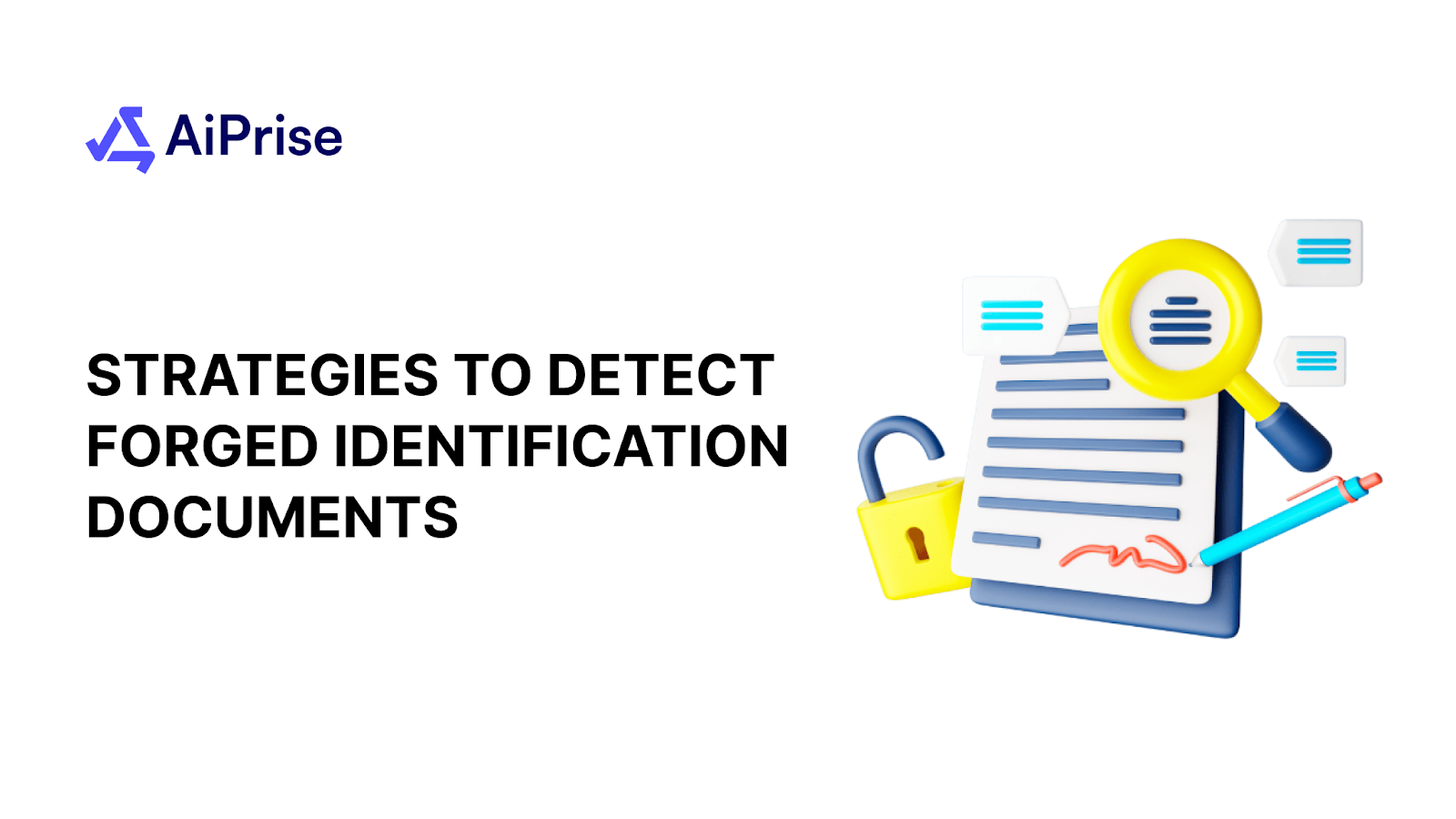



.png)
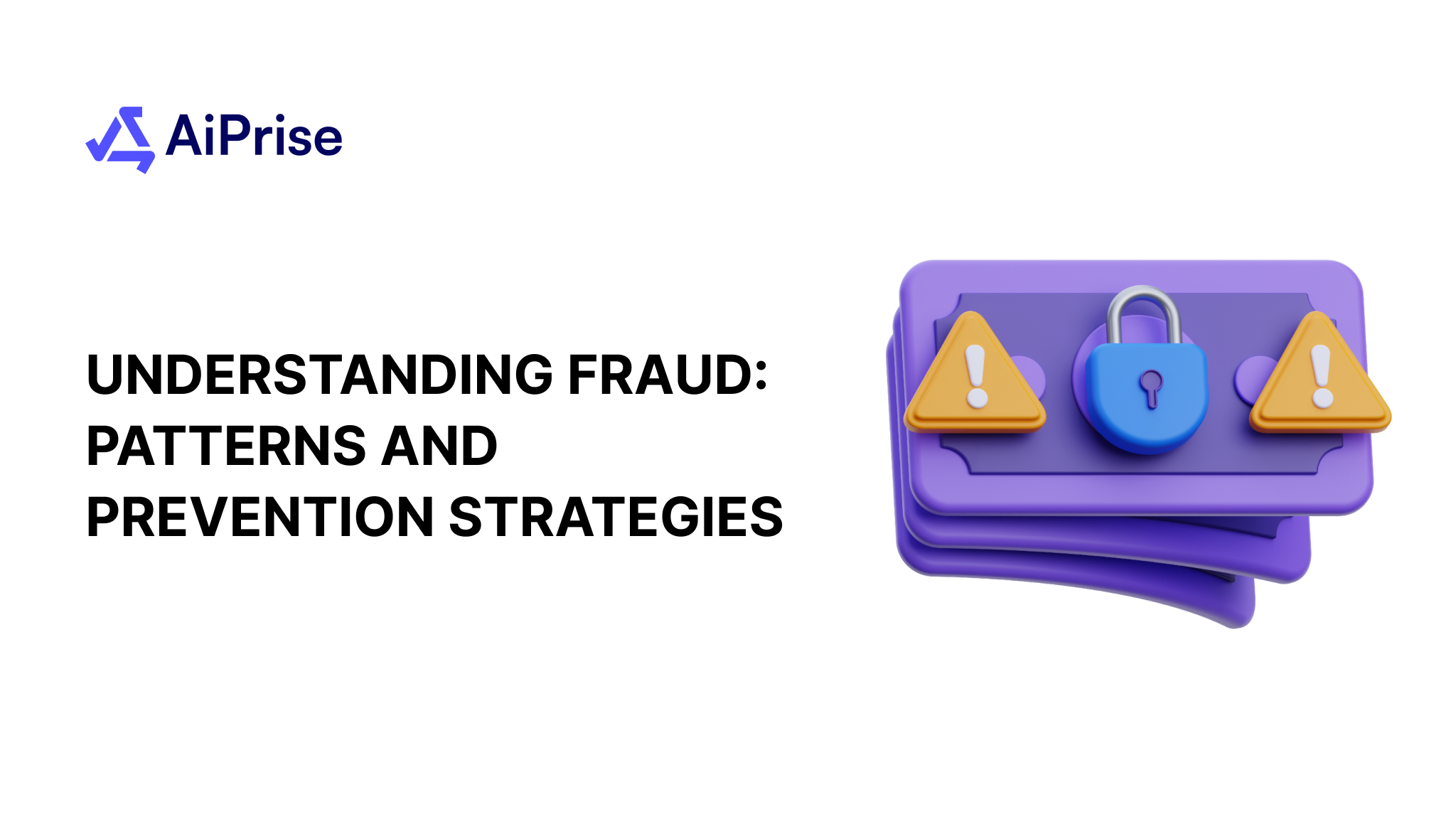
.png)
.png)
